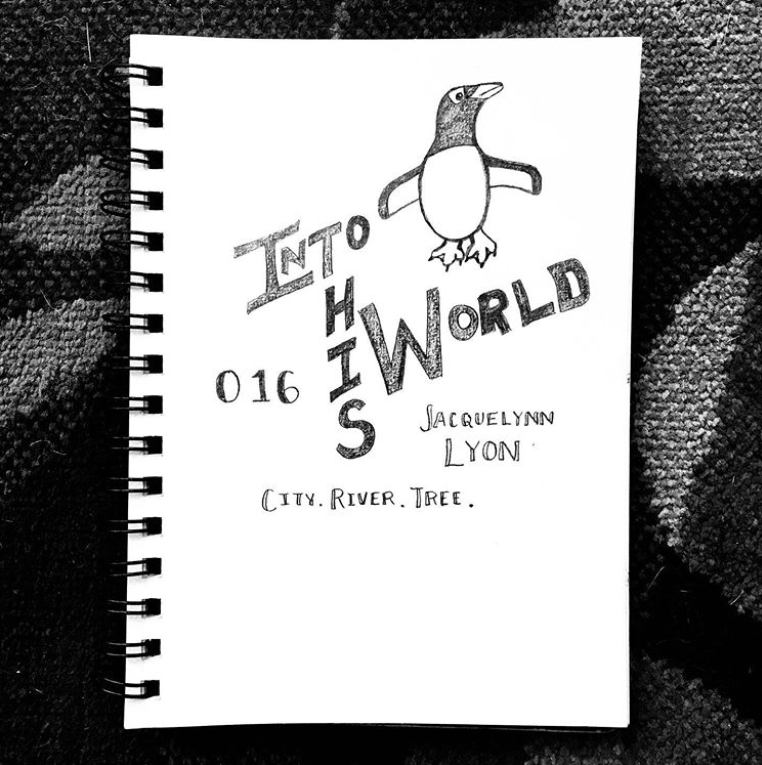Manhattan 1962
A hot afternoon, my third day here. The studio apartment is small and scorching. With a hammer and screwdriver, I chisel paint from the only window. Then with one great shove, I push the jam to the top and turn my head towards the unbroken line of brownstones.
Next door, my neighbors begin to fan out to the stoops where a brown-skinned baby curls its lip and arches its back before mama offers her nipple. In turquoise pants and clear plastic pumps, she sits cross-legged, dangling her shoes from her toes, a newspaper between her and the hot cracking cement. While the new one draws its milk, mama alternates between a thin cigar and a bottle of Cerveza.
Papa in his undershirt swaggers out with a boombox in one hand and a toddler, dragging a broom, in the other. The tot begins sweeping the stoop, but changes its mind and strums the bristles instead. Kitchen chairs are being carried out, along with six-packs of Tab, Fresca, and Corona.
Black beans and rice steam from the hibachi under the stairs. Mama ties back her brash red hair, plops the baby in a box from Gristedes Market and slowly begins to twirl, her hands on her waist. She stops, slinks over to her man, and with her knee nudges his thigh. Grinding to the sounds of the Caribbean, the pair dodge, twist and swerve. The child accompanies with a wooden bowl and spoon; his father smiles in approval—flashing a gold incisor. Bongo players expand along the pavement while the new one sleeps in a cardboard box.
And I, a girl of 20, a year out of Nebraska, watch transfixed. Suddenly papa with the flashing incisor looks up from the pandemonium to my window.
“Hey muchacha!” he bellows. “You got a smoke?”

